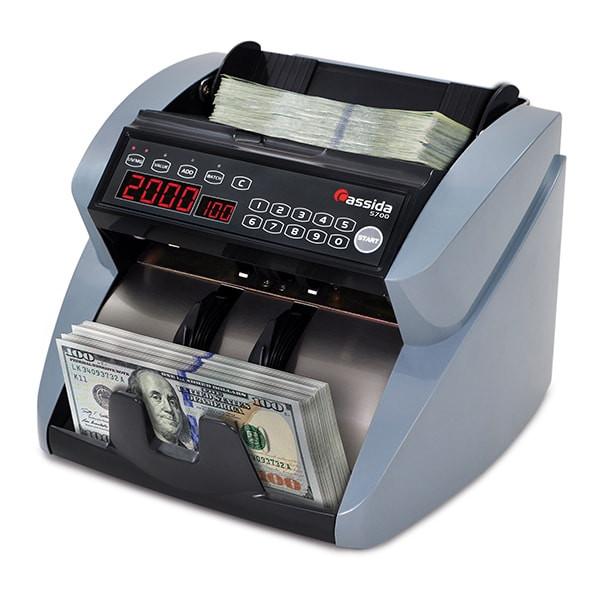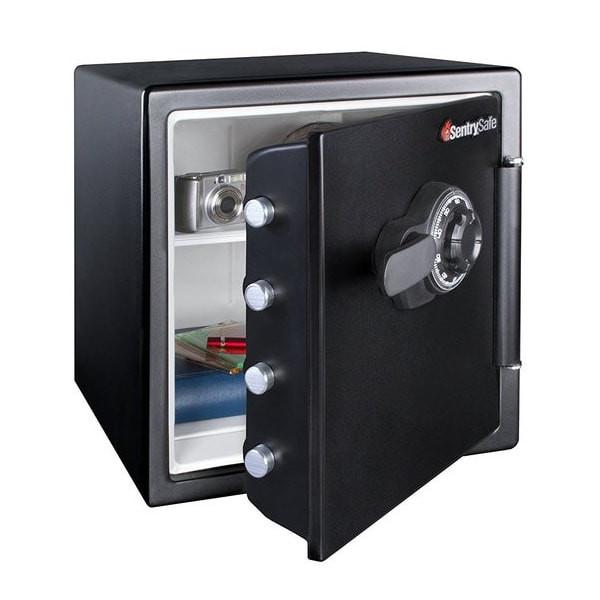How To Handle Identity Theft When It Happens

Although it's hard to imagine these days, there was a time not too many years ago when many people used only cash for their shopping, and credit cards were something only a few stores issued. They were sometimes called "charge-a-plates" and they were only good for charging small amounts at a specific store; they did not work anywhere else.
People would take their paycheck to the local bank and cash it, perhaps putting a percentage of the money in their checking or savings account and using the rest to pay their living expenses during the week. When they ran out of money they had to go back to the bank, write a check and cash it.
It was a simpler time, wasn't it? Nowadays, almost nobody lives like that. We all have an ATM card for withdrawing money from our bank account, and multiple credit cards for buying items online and in stores. We hardly ever carry large amounts of cash in our pocket or purse, and we don't even need to visit the bank on payday, because most paychecks are deposited directly into our bank account.

And they're doing it by stealing our identities. According to a recent study from Javelin Strategy & Research, criminals stole $16 billion from 12.7 million U.S. consumers in 2014, at the rate of one new identity fraud victim every two seconds. That's a shocking figure, and the trend is getting worse. The number of identity theft complaints to the Federal Trade Commission rose nearly 15 percent last year compared with 2013, to 332,646 complaints. Almost every week this past year there were news stories of major security breaches at stores and credit card companies, and millions of confidential bits of data have been obtained by fraudsters.
If someone steals your identity, it can be a nightmare. The fraudsters will run up charges on your credit cards, drain your bank account, take out loans in your name, and even make fake charges on your medical insurance. They’ll ruin your credit rating and cause debt collectors to come calling. Untangling this mess can take months, even years.
People have had to close out their bank accounts and all their credit cards, and even go to court to get all the unpaid fraudulent charges taken off their credit reports. It’s an unfortunate fact of modern life that some of us will be the victims of identity fraud. There is just so much personal information out there these days, and the fraudsters are constantly working to obtain it and use it for their illegal purposes.

The way to fight back is to periodically get a copy of your credit report and check it for fraudulent charges. If you find any, here is what you should do.
- Contact your creditors right away, before the criminals can run up additional charges. Ask to close or freeze your accounts immediately, to prevent further charges.
- Dispute the charges. There are three major credit bureaus -- Equifax, TransUnion, and Experian -- and you should notify all three that you are disputing certain charges on your account. Once you file a dispute, you have certain rights that kick in under the Fair Credit Reporting Act and the Fair Debt Collection Practices Act.
- Consider placing a fraud alert with the credit bureaus. A fraud alert means that you will be notified if someone tries to open a new account in your name, so you’ll have no delay in disputing the fraudulent activity.
- If extreme measures are needed, take them. This includes filing a police report, which can help you in any dispute with the credit bureau, and even a credit freeze. A credit freeze will make it a hassle for you to take out any additional credit, but it will also make it impossible for a fraudster to take out credit in your name.
It’s not just consumers who are affected by identity fraud - businesses lose billions of dollars each year because of it. Businesses can take steps to fight identity fraud by using some of the newest technology in ID scanners.
There are mobile ID scanners now that can validate IDs on the spot, capturing the image and information from the ID for verification. In a matter of seconds the scanner can verify authenticity, and easily prevent identity fraud. It’s a worthwhile investment for any business in this current environment.
Unfortunately, identity theft is here to stay, but by taking intelligent measures individuals and businesses can minimize the damage from it.




Leave a comment